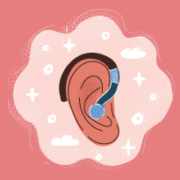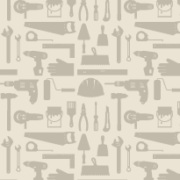The Importance of Regular Hearing Checkups
If your hearing was slightly worse today than it was yesterday — how long would it take for you to notice? Some people don’t consider below-average hearing to be a problem, but more and more studies are showing that untreated hearing loss leads to bigger problems, for example, issues like cognitive decline and dementia. This is why regular hearing checkups matter more than ever.
Hearing Loss Is Widespread
Hearing loss is actually very common. According to the World Health Organization, over 5% of the global population — which amounts to approximately 466 million people — have some form of hearing issue. This number is expected to rise due to factors such as increased noise pollution, prolonged exposure to loud music, and an aging population.
Early Detection Is Key
Hearing loss happens gradually. Most of the time, a person will barely notice it until it gets unmanageable. Its effects on a person’s quality of life can be huge. Undiagnosed and untreated hearing loss can lead to a great variety of consequences: physical, emotional, and social. The sooner hearing issues are diagnosed, the better chance a person has of managing and intervening in the impact. Here’s how early intervention can help:
- Avoiding Isolation: Hearing loss can lead to depression and feelings of isolation. Withdrawing from social activities is one of the first things a person who cannot hear well may do, impacting their relationships and overall well-being.
- Cognitive Health: Recent studies have shown a strong link between untreated hearing loss and cognitive decline, including an increased risk of conditions like dementia. The good news is hearing aids may reduce the risk of cognitive decline by almost half!
- Safety: Hearing loss can be a safety hazard, especially in situations where you need to hear important cues, such as an alarm, siren, or approaching vehicle.
- Better Communication: Early intervention can significantly improve communication abilities, leading to better relationships and overall quality of life.
How Audiologists Help
Regular hearing checkups are instrumental in the early detection of hearing loss. Audiologists, as certified and trained professionals, are equipped to diagnose and manage hearing issues. During a hearing checkup, they assess various aspects of your hearing, including the ability to hear different pitches and the clarity of speech. They also can build you a unique treatment plan if needed, because everyone’s ears are different.
How Technology Helps
The technology used in modern audiology has seen significant advancements, making hearing checkups more precise and comfortable. Audiologists use cutting-edge tools and equipment to evaluate your hearing. These assessments provide a comprehensive understanding of your hearing and guide the audiologist in tailoring recommendations specific to your needs.
Hearing Aids and Assistive Devices
For those with hearing loss, hearing aids and other hearing devices can put your hearing right back on track. These devices not only significantly enhance your ability to hear, but also give you back the tools to engage with the world, improving your overall quality of life.
The sign of good health may just begin with the sound of your own voice, your loved ones’ laughter, and the world around you. Regular hearing checkups are not merely a matter of maintaining good hearing but are crucial for overall health and well-being. It is time to give your hearing the attention it deserves. So, why wait?
Put it on the calendar! In addition to scheduling your yearly physical, make sure to call and schedule time with an audiologist for a hearing checkup as well. Contact us today!













